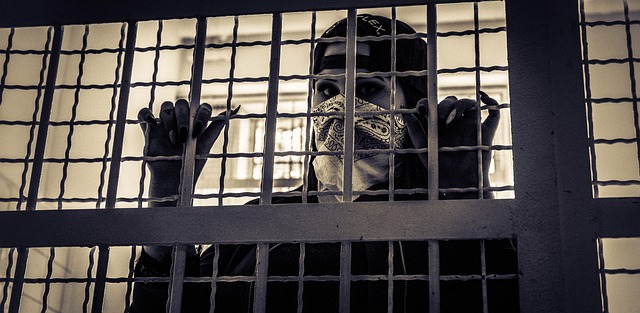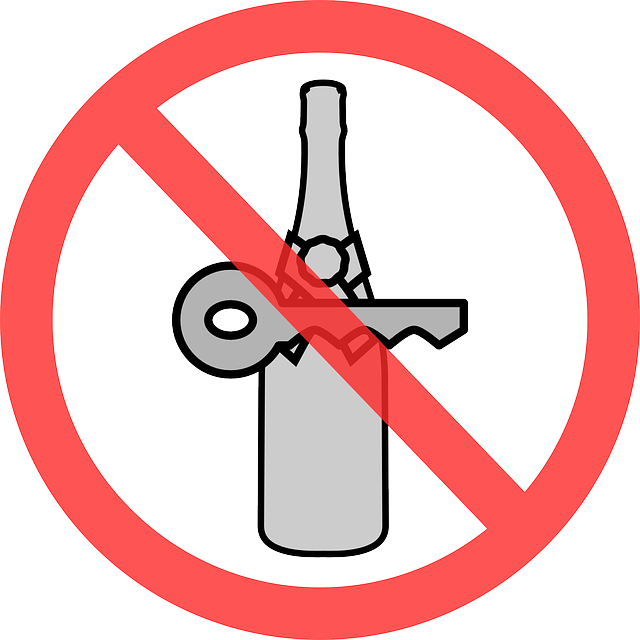College Campus DUI Prevention involves understanding insurance consequences, like higher premiums for young drivers after a DUI arrest. Students should stay informed about policy adjustments and take proactive measures to reduce costs. Campuses nationwide implement safety strategies, including education, enforcement, and support systems to deter alcohol-impaired driving. Proactive students can mitigate financial losses by reviewing auto insurance policies and participating in prevention programs, leveraging campus resources for personal healing and responsible drinking habits.
“Following a DUI (driving under the influence) incident, individuals face not only legal repercussions but also complex insurance adjustments. This article delves into the intricate process of post-DUI insurance handling, offering a comprehensive guide for students and college campuses alike. We explore key aspects such as policy changes, legal implications, and available support resources. Understanding these adjustments is vital for navigating the financial and safety measures associated with DUI prevention on college campuses, ensuring a more informed and proactive approach.”
- Understanding Insurance Adjustments After DUI
- Legal Implications and Policy Changes Post-DUI
- College Campus Safety Measures Following DUI Incidents
- Financial Impact and Coverage Options for Students
- Support Resources for Recovery and Rehabilitation
Understanding Insurance Adjustments After DUI

After a DUI (Driving Under the Influence) arrest, individuals often face significant consequences, including insurance adjustments. Understanding these changes is crucial for anyone on a college campus looking to prevent future incidents. Insurance companies typically review and adjust policies based on an individual’s driving record after a DUI conviction. This process involves assessing risk factors and determining rates accordingly.
For students on college campuses, this might mean higher insurance premiums due to the increased perceived risk associated with young drivers. However, there are ways to mitigate these costs through responsible behavior and certain coverage options. Staying informed about these adjustments can help students make proactive decisions regarding their driving habits and insurance choices, ultimately contributing to campus DUI prevention efforts.
Legal Implications and Policy Changes Post-DUI

After a College Campus DUI (Driving Under the Influence) incident, there are significant legal implications and policy changes that students should be aware of. The consequences of a DUI conviction can affect various aspects of an individual’s life, including their academic pursuits and future career prospects. Students facing such charges need to understand the potential impact on their insurance policies. Often, insurance providers may adjust their terms and conditions, leading to higher premiums or even a refusal to renew coverage due to the increased risk associated with driving under the influence.
In light of the growing focus on College Campus DUI Prevention, insurance companies are becoming more stringent in their assessments. Students should anticipate potential changes in policy, such as stricter underwriting guidelines, additional reporting requirements, and mandatory alcohol education courses. These adjustments aim to deter future incidents and promote responsible drinking behaviors among college students. Understanding these legal and insurance-related repercussions is crucial for individuals looking to navigate the complexities of post-DUI life effectively.
College Campus Safety Measures Following DUI Incidents

College campuses across the nation are implementing robust safety measures to address DUI (Driving Under the Influence) incidents, prioritizing student well-being and campus security. These initiatives stem from the growing recognition of the significant risks associated with alcohol-impaired driving among young adults. To mitigate these dangers, many colleges have adopted comprehensive strategies that blend education, enforcement, and support systems.
The focus is on proactive DUI prevention through awareness campaigns, educational workshops, and regular discussions about responsible drinking. Additionally, campuses are enhancing their security infrastructure by employing advanced surveillance technology, increasing the frequency of patrols, and implementing robust emergency response protocols. These safety measures aim to create a safer environment, deter potential DUI incidents, and provide immediate assistance for those who find themselves in such situations.
Financial Impact and Coverage Options for Students

DUI incidents can have a profound financial impact on students, especially those navigating the complexities of college life. The immediate consequences include legal fees, fines, and potential suspensions or expulsions from educational institutions. Additionally, victims of DUI accidents may face substantial medical bills, which can strain the budgets of students and their families.
When it comes to insurance adjustments, students have several coverage options to consider. Many colleges require students to have auto insurance as a condition of enrollment. Understanding the nuances of these policies is crucial for managing financial risks associated with DUIs. Students should review their coverage options, including liability, collision, and comprehensive, to ensure they are adequately protected on the college campus and beyond. Moreover, engaging in DUI prevention programs offered by schools can be a proactive step towards mitigating potential financial losses down the line.
Support Resources for Recovery and Rehabilitation

After a DUI (Driving Under the Influence) incident, individuals often face not only legal consequences but also personal challenges that require support and resources for recovery and rehabilitation. This critical phase is where many find themselves needing help to navigate their journey towards healing and rebuilding their lives. College campuses play a vital role in providing such assistance, especially with dedicated DUI prevention programs tailored to address the unique needs of students.
These programs offer various services, including counseling, peer support groups, and educational workshops focused on promoting responsible drinking habits and healthy coping mechanisms. Many colleges also partner with local community resources and organizations specializing in addiction recovery to ensure students have access to comprehensive care. By leveraging these support systems, students can better manage the aftermath of a DUI, learn from their experiences, and work towards a brighter future while also contributing to campus-wide efforts to prevent similar incidents among their peers.
Post-DUI, navigating insurance adjustments is a critical step in the journey towards campus safety and student support. By understanding policy changes, legal implications, and available coverage options, colleges can implement effective strategies for DUI prevention on their campuses. Embracing these measures not only ensures financial stability but also fosters a culture of responsibility and recovery among students, ultimately contributing to a safer and more supportive college environment. Additionally, promoting awareness and providing access to rehabilitation resources are vital elements in the broader effort towards College Campus DUI Prevention.






